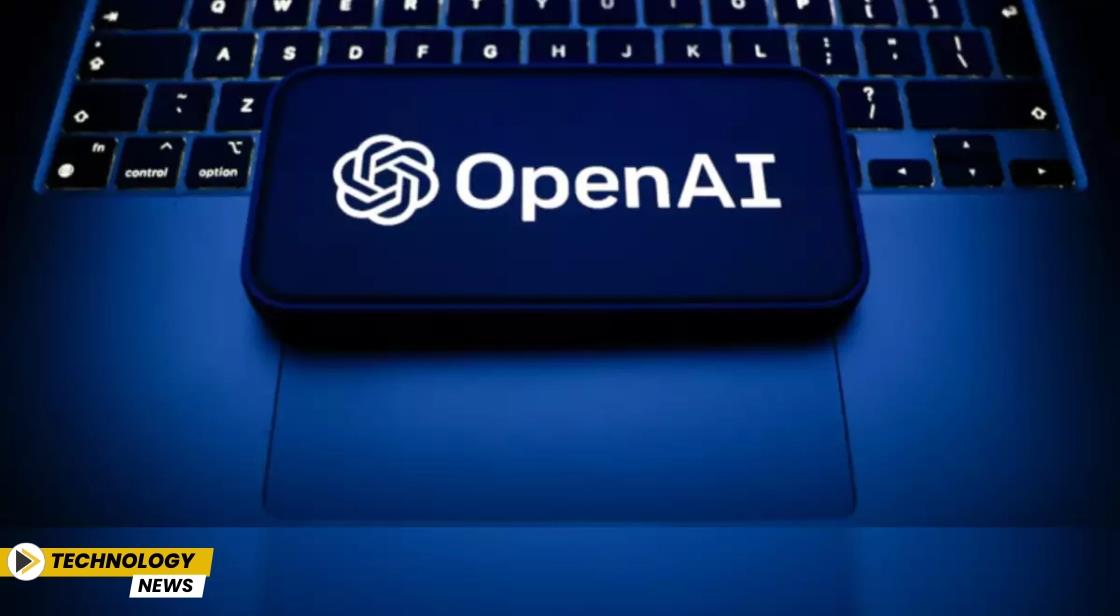OpenAI Introduces ‘Do Not Lie’ Rule for ChatGPT: What It Means

News Synopsis
OpenAI has announced a significant update to its AI tools, introducing a core ethical principle for ChatGPT: "Do not lie, either by making untrue statements or by omitting important context." This directive is a key component of OpenAI’s latest overhaul of its Model Spec, a foundational document that shapes how the company trains and refines its AI models.
This development comes amid growing concerns about AI bias, misinformation, and user trust, positioning OpenAI as a leader in responsible AI development. The update is part of OpenAI’s broader mission to ensure that AI systems operate with transparency, reliability, and ethical integrity.
OpenAI Aims to Foster AI Neutrality and Intellectual Freedom
Commitment to Truth and Fairness
One of the key objectives behind this update is to ensure that ChatGPT remains neutral on controversial topics. OpenAI has explicitly stated that the AI model will not take an editorial stance, even on subjects that some users might find morally offensive or politically sensitive.
Instead of filtering or altering responses based on perceived acceptability, ChatGPT will provide fact-based and context-rich answers, promoting intellectual freedom. OpenAI describes this approach with the phrase "Seek the truth together," reinforcing its commitment to user control and transparency in AI-generated content.
How the OpenAI’s New Principle Addresses Bias Concerns
The decision to implement this principle follows ongoing discussions about AI censorship and perceived biases in automated systems. OpenAI’s CEO, Sam Altman, has previously acknowledged the complex challenges of mitigating bias in AI. He emphasized that finding the right balance would require continuous refinement and user feedback.
The AI industry has faced criticism—especially from conservative groups—over the perception that AI safeguards favor left-leaning viewpoints. By introducing a policy that emphasizes neutrality and truth-seeking, OpenAI aims to make ChatGPT more inclusive, reliable, and aligned with diverse user expectations.
Expanding the Scope of ChatGPT’s Discussions
Fewer Restricted Topics, More User Control
Another crucial aspect of OpenAI’s update is the effort to reduce the number of restricted topics. The company acknowledges that users often seek diverse perspectives on complex issues. In response, OpenAI is modifying its AI framework to allow ChatGPT to discuss a broader range of subjects, including those previously flagged as too sensitive.
This expansion is part of OpenAI’s belief in maximizing user autonomy, ensuring that ChatGPT can provide answers to a wider spectrum of inquiries while maintaining factual accuracy and ethical responsibility.
Global Impact and Industry Response
As AI ethics continue to be a hot topic in global discussions, OpenAI’s decision to prioritize honesty and broaden discussion parameters could set a precedent for the responsible development of AI tools. The AI community, regulatory bodies, and users will closely monitor how these changes affect ChatGPT’s trustworthiness and usability.
While some experts applaud OpenAI’s move toward greater transparency, others argue that the success of this initiative will depend on how effectively the AI navigates complex, real-world topics without introducing bias.
Conclusion: A Step Towards a More Trustworthy AI
With this latest update, OpenAI is setting a new standard for AI-generated content by prioritizing honesty, neutrality, and intellectual freedom. By reinforcing its "Do not lie" principle and expanding ChatGPT’s discussion scope, the company is responding to long-standing concerns about bias, misinformation, and content restrictions.
While these changes mark significant progress, the true test will be how effectively ChatGPT can balance factual accuracy, neutrality, and user expectations. As the AI landscape continues to evolve, OpenAI’s commitment to seeking the truth together could pave the way for a more transparent and reliable AI future.
You May Like









